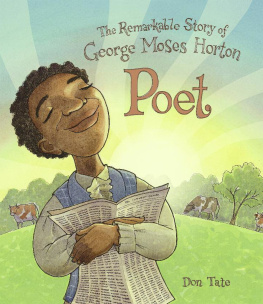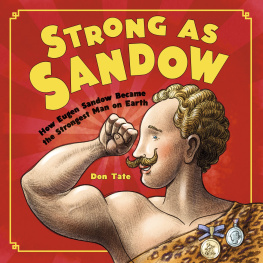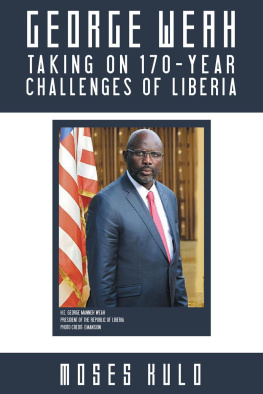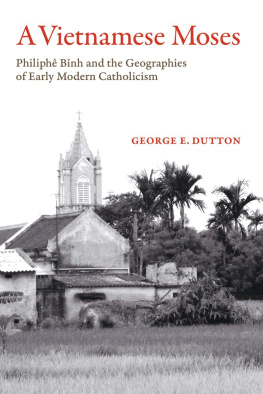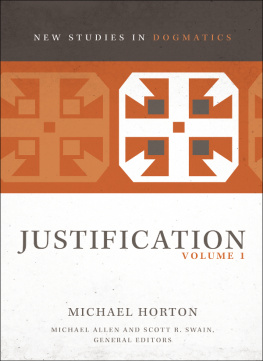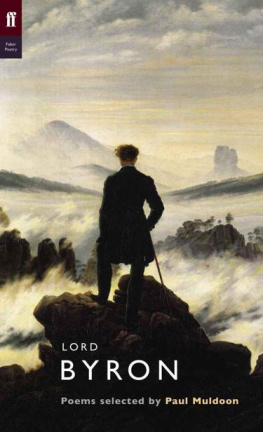Contents
Guide
To my sweet mom, Sharon Tate,
and to my grandchildren, Charles, Kordelle,
Aniyah, and Zoee, who all love words.
D. T.
Published by
PEACHTREE PUBLISHERS
1700 Chattahoochee Avenue
Atlanta, Georgia 30318-2112
www.peachtree-online.com
Text and illustrations 2015 by Don Tate
All rights reserved. No part of this publication may be
reproduced, stored in a retrieval system, or transmitted
in any form or by any meanselectronic, mechanical,
photocopy, recording, or any otherexcept for brief
quotations in printed reviews, without the prior
permission of the publisher.
Book design by Don Tate
Composition by Loraine M. Joyner
Illustrations are mixed media: gouache, archival ink, and pencil on
acid-free, 100% cotton watercolor paper, and digital. Text is typeset in
International Typeface Corporations Caxton Book by Leslie Usherwood
for Letraset. Title, subtitle, byline, Hortons poems, and endpapers
are hand-lettered by Don Tate.
e-book ISBN: 978-1-68263-117-1
Library of Congress Cataloging-in-Publication Data
Tate, Don.
Poet : the remarkable story of George Moses Horton / Don Tate.
pages cm
Includes bibliographical references.
1. Horton, George Moses, 1798?-approximately 1880Juvenile
literature. 2. Poets, American19th centuryBiographyJuvenile
literature. 3. African American poetsBiographyJuvenile literature. 4.
SlavesNorth CarolinaBiographyJuvenile literature. 5. Freedmen
United StatesBiographyJuvenile literature. I. Title.
PS1999.H473Z88 2015
811'.4dc23
[B]
2015002407
GEORGE LOVED WORDS. He wanted to learn how to read, but George
was enslaved. He and his family lived on a farm in Chatham County,
North Carolina, where they were forced to work long hours. There
wasnt time for much else. Besides, George knew his master would not
approve of his slaves reading.
But that didnt stop George from admiring the language that was
all around him: Inspirational words read from the Bible. Hopeful words
delivered in a sermon. Lively words sung in songs.
George was determined to learn how to read. When white
children studied their books, he lingered nearby. He listened
as they repeated the letters of the alphabet.
Soon, George could recite the alphabet himself.
His mother would have liked to help him, but she
couldnt. Instead, she gave George one of her most valuable
possessions: a Wesley hymnal, a book of songs.
It was Georges very first book! He scanned the pages,
trying to make out the letters. It was no use, though; he
could not read the words.
Then George found an old spelling book. It was tattered and some
pages were missing, but it was enough to get him started.
George thumbed through its pages. He recognized some of the letters.
At night, when he should have been resting after a long day of work,
George studied by firelight. His eyes burned from the smoke.
Soon he could make out a few words.
Before long he could understand entire sentences.
Over time, George taught himself to read.
From that point forward, George not only loved words,
he could read and understand them too. George read verses
from the New Testament. He read books, newspaper articles,
advertisementswhatever he could find.
Most of all, George read poems. He loved beautiful poetry.
From early morning until late at night, George tended cattle
on his masters farm. While he worked, George composed his own
poetry, mingling his words with the tunes of familiar songs. He
hadnt learned how to write his poems down yet, so he committed
them to memory. Words and rhythms were stored up inside his head.
His verses swayed with emotion, like the music of Sunday
services. They kept him strong as he grew to be a young man.
When George was seventeen, his master decided to split up
his estate. He divided his possessionsland, cattle, wagons,
toolsamong his family. Slaves were considered to be property
too, so Georges family was separated.
George was given to his masters son. He feared he would
never see his mother, brothers, and sisters again.
George toiled in the fields on his new masters property. It was
disagreeable work, but he found a little relief on Sundays. On that
day, George walked eight miles to the village of Chapel Hill, to the
campus of the University of North Carolina. There, he sold fruit
and vegetables grown on his masters farm.
He didnt mind the long walk, though. George welcomed
the opportunity to get away.
At first, the college students teased George. To distract himself from
their insults, George recited his poetry. Words, sweet as the fruit piled high
in his cart, sprung from his lips.
Every eye grew wide and every mouth fell open at the sound of
Georges voice, uttering beautiful verses. The students were awestruck
when they found out that he had composed them himself.
News of the slave poet raced through campus like
a brisk-flowing river. Students swarmed in close to hear
George perform his verses.
Some of them decided to help George. They gave him
their books: English grammar and dictionaries. History
and oratory. Classic literature and poetry.
George soaked up these new subjects like a sponge.
One day, a student requested a poem for his sweetheart.
George created a verse for the woman. He dictated the poem
to the student, who wrote it out neatly.
The young lady swooned when she read it.
After that, other students wanted Georges poems. And
they were willing to pay for them too.
George composed more than a dozen love poems a week, selling them
for 25 cents each. Some paid him with fine suits and shoes instead of
money. In time, George dressed as sharply as the students themselves.
With money, nice clothes, and newfound status, George felt freer than
he ever had in all of his life.
But he was not free. He remained the property
of his master. George continued to work on the farm
during the week and visit Chapel Hill on the weekends.
The story of the slave poet reached the wife of a professor.
Caroline Lee Hentz was a professional writer and published poet.
Georges poems affected her deeply. Some made her smile, while
others made her cry.
She sought out George and taught him how to write his poems
on paper with a pen. After so many years of memorizing verses,
George could now write them down.
Caroline arranged for Georges poems to be printed in
the Gazette , the newspaper of her hometown, Lancaster,
Massachusetts. Now George was a published poet.
His poems protested his enslavement. No other American
slave had done that before.
Soon Georges work appeared in other newspapers,
including Freedoms Journal , the first African-American-

